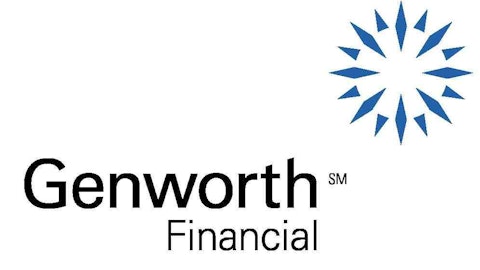Today’s market open seemed to herald the end of March’s winning streak, as stocks were broadly lower, but now the markets sit near breakeven. As of 10:10 a.m. EDT the S&P 500 and the narrower, price-weighted Dow Jones Industrial Average 2 Minute (INDEXDJX:.DJI) are up 0.03% and 0.16%, respectively. The S&P 500 is still chasing its October 2007 all-time high.
Jim O’Neill, the outgoing chairman of Goldman Sachs Asset Management, published a cautionary note yesterday, stating, “I am not that confident about what happens next [in the U.S. stock market] and as to whether all these trends are going to continue, not least because May is now less than two months away and the infamous ‘Sell in May and go away, come back on St. Leger’s Day.”

While O’Neill is on thin ice referring to the hoary “Sell in May” saying, he is on surer footing in noting that U.S. stocks aren’t particularly cheap on the basis of cyclically adjusted earnings. Indeed, the S&P 500’s cyclically adjusted P/E, or CAPE, is now close to 23 — that’s 39% above its long-term historical average
According to Goldman’s data, Germany sports a CAPE of 13, while the U.K.’s is 12. The U.S. is exiting the financial crisis faster and in better shape than its European counterparts, yes, but does that really deserve a 75% to 90% stock market valuation premium? (The CAPE is calculated on the average of trailing-10-year, inflation-adjusted earnings per share, thus mitigating the distracting effect of earnings volatility through the business cycle.)
Banks are OK
In Worrying about the stock market: Evidence from hospital admissions (link opens PDF), two researchers affiliated with UC San Diego’s business school examined the relationship between daily stock-market returns and the incidence of psychological disorders including anxiety. Based on daily admission records for every hospital in California between 1983 and 2011, they found that a bottom-quintile daily return is associated with a 0.57% increase in hospitalizations for conditions relating to mental health (the result is statistically significant). Furthermore, they found that this effect was more pronounced in a low-volatility environment, which seems intuitive; investors experience a sharp decline more strongly when they’re used to mild variations. A hat tip to the venerable @jasonzweigwsj for putting me on to this fascinating research.
Considering that we are currently in a very low-volatility environment and there is some evidence to believe a correction is overdue, there is only one course of action if you want to keep your sanity: Close Yahoo! Finance immediately and stop tracking your portfolio so closely. I’m only half joking
The article Avoid Depression: Don’t Dwell on the Daily Market originally appeared on Fool.com and is written by Alex Dumortier, CFA.
Fool contributor Alex Dumortier, CFA has no position in any stocks mentioned; you can follow him on LinkedIn. The Motley Fool has no position in any of the stocks mentioned.
Copyright © 1995 – 2013 The Motley Fool, LLC. All rights reserved. The Motley Fool has a disclosure policy.





